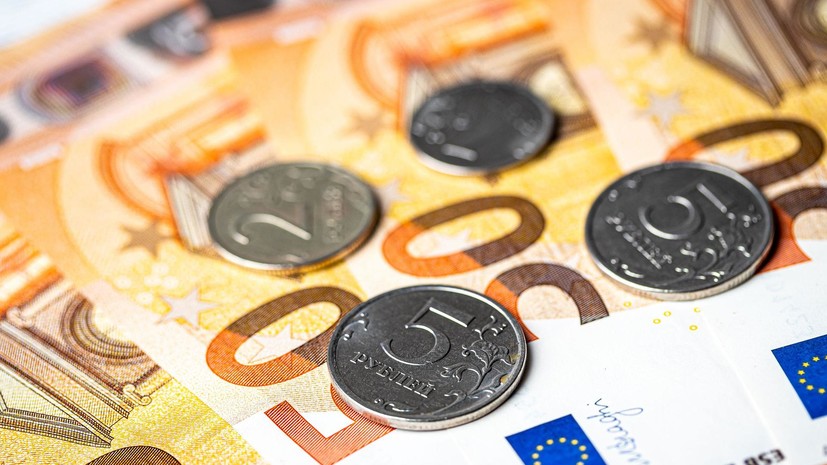“The Russian financial system is at the epicenter of information pressure... And the pressure is no less than the sanctions themselves... Our European friends and partners have invested in the shares of various companies and now, against the backdrop of tension and a rise in the price of these shares, they began to take profits.
That is, they began to sell and receive rubles.
And in order to withdraw profits, they need euros.
And that is why the euro becomes very expensive, as foreign investors, selling Russian shares, change rubles for euros.
And since a lot of euros are bought in a short period of time, the exchange rate jumps, ”the economist explained.
He noted that "the growth of the dollar and the euro is fizzling out."
“We saw this trend towards the growth of the dollar and the euro, it even lingered for a while.
And it's clearly getting ready to fizzle out.
In the foreign exchange market, again, profit-taking will go.
Traders will sell dollars and euros and buy rubles, investing them in Russian stocks.
We already saw yesterday how the Russian Stock Market went into positive territory,” added Ginko.
Earlier it became known that the euro rose above 90 rubles.

